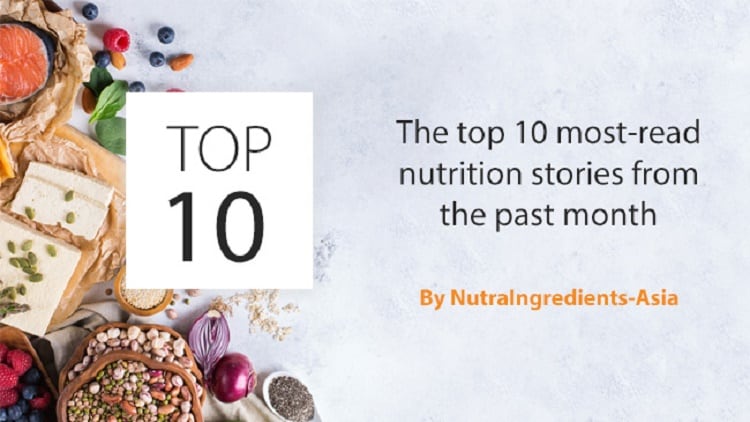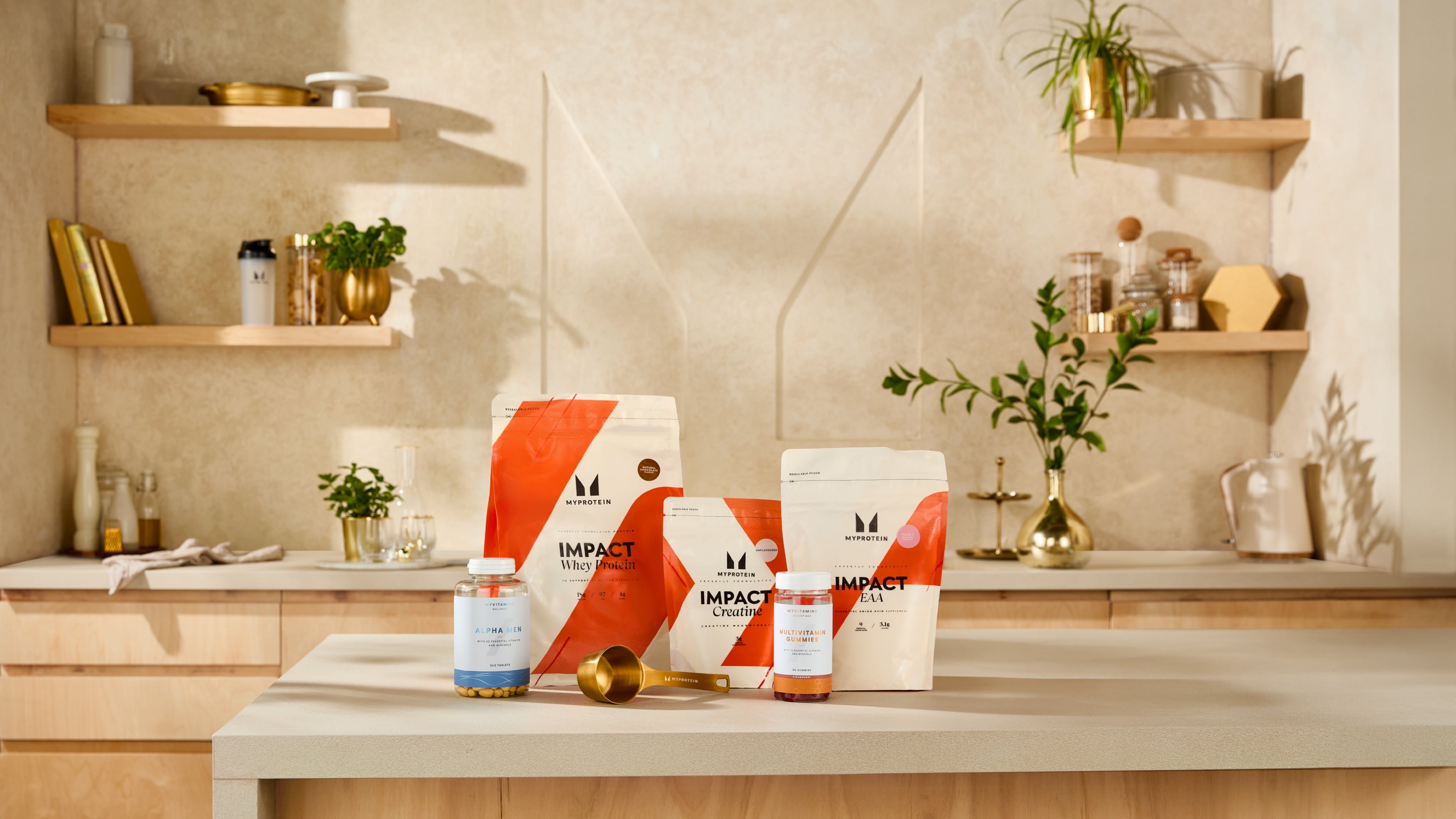In fact, Coleman is now an equity partner in the Indian dietary supplements retailing company which also owns its own branded products, such as sports nutrition brand MuscleBlaze.
As part of the exclusive partnership, HealthKart will first focus on manufacturing and distributing top sellers from the Ronnie Coleman Signature Series.
They include 1) Pro-Antium — a blend of fast, medium, and slow digesting proteins, creatine, and betaine for post-workout recovery, 2) King Whey which contains whey protein concentrate (WPC) and whey protein isolates (WPI), 3) Yeah Buddy pre-workout and 4) L-carnitine XS Liquid in 3,000mg and 4,000.
On top of these, multivitamins, omegas, and functional food such as peanut butter will also be part of the initial launches.
HealthKart will also be the exclusive distributor of these products for both its online and offline stores in India, Nepal, Sri Lanka, and Bangladesh.
It will also distribute the products on third-party e-commerce platforms like Amazon, FlipKart, and quick-commerce channels like Zepto and Blinkit.
Reasons
Prior to the partnership, Ronnie Coleman’s sports nutrition products have been sold in India for about a decade, but the new partnership will help reduce manufacturing and supply chain challenges.
“There are multiple factors for the partnership, one is around inventory management and the speed of manufacturing,” Kaustuv Paliwal, AVP at HealthKart told NutraIngredients.
“Apart from that, the regulatory environment in India is starkly different from the US, and working with us would give greater flexibility around adapting the products according to the local regulator FSSAI’s guidelines, while providing products made to the same quality and principles that Coleman consumes,” he said.
He declined to disclose the amount that Coleman owns in HealthKart, but said that this would be the first-of-its-kind partnership in the sports nutrition scene, at least in India.
Authentication
In addition, the company will be introducing product authentication measures to help consumers make sure that they are buying the authentic products.
This is especially important when counterfeit sports nutrition, especially protein powder, is rampant in the Indian market.
“Authentication of the supplements would be done in two to three steps, so that the chances of getting a counterfeit largely reduced.
“We are working on our product packaging and will try to bring in new and modern methods of authentication, and we are expecting the products to hit the market by December,” he said.
Complementing HealthKart’s range
By adding Ronnie Coleman Signature Series to its portfolio, HealthKart also hopes to target professional bodybuilders — a segment of consumers that it currently does not have specific products for.
“We believe that the audience who are looking to make a profession out of bodybuilding and gyming is where this brand stands,” said Paliwal.
He said that about 10% to 15% of gym-goers would fall under this consumer category and would require more heavily formulated products which none HealthKart’s brands were serving.
Using Pro-Antium as an example, he said that the product contained clinical dose of creatine at 5g per serving. It also serves 13.5g of essential amino acids and 3.5g of branched-chained amino acids.
“A typical MuscleBlaze product, in comparison, would not have that much creatine in it.
“Similarly, for pre-workout products, MuscleBlaze provides only basic coverage, such as one ingredient for pre-workout pump, and L-lysine, arginine or beta-alanine for endurance.
“Whereas such product under Ronnie Coleman’s range will have three to four compounds for pre-workout pump, two to three compounds for cognition, two to three compounds for endurance, and another two to three supporting compounds,” he said.
He added that there are plans to also include antioxidants into Pro-Antium, which are key for removing free radicals from a bodybuilder’s body.
Gym-goers in India
Apart from professional bodybuilders, there are two other major groups of gym-goers - namely individuals who are doing cardio workout, and people who are into resistance training.
“If you were to divide gym-goers into segments, there are consumers who are not into bodybuilding or not into resistance training, but are more into cardio endurance building and general fitness.
“This would also include people doing dance classes, Pilates, or Zumba etc, which I assume would be about 40% to 50% of the typical gym-goers,” he said.
The other 30% to 35% would be individuals interested in resistance training, but are not into professional body building.
“This means they do not intend to compete in any competitive environment, whether it’s body building, power lifting, or deadlift competitions.
“Ronnie’s products, on the other hand, operate in a space that is pretty hardcore, and his target consumers would be professional bodybuilders and people who demand a high dosage or heavy formulation products,” he said.




